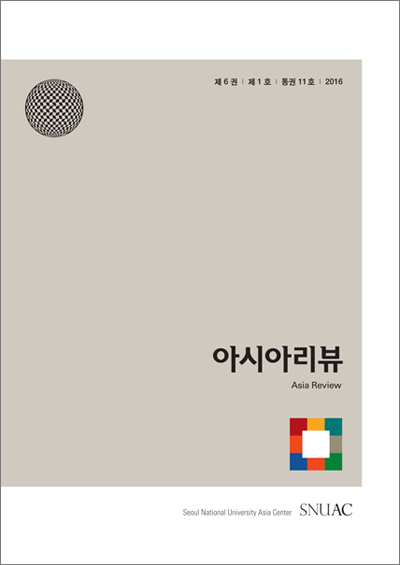Reexamining Rodrigo Duterte’s tirades against Western power blocs and the results of his diplomatic efforts to obtain Chinese and Russian assistance has never been more relevant, considering the measures his successor adopted to reinforce or reconfigure his foreign policy. To this end, the article revisits Duterte’s pivot to China and Russia, refining the discussion of their rationale and providing a qualitative assessment of their outcomes. Through a critical review of presidential speeches and news reports, the article unpacks the connection of the strategy to the following: first, Duterte’s anti-colonial narrative; second, his drug war; third, the desire to improve the country’s military, trade, tourism, and infrastructure; and fourth, the management of the South China Sea conflict. While the foreign policy considered the country’s geopolitical and economic realities, the article found that it failed to achieve its desired outcomes. With mounting pressure at home to demonstrate the gains of his Beijing-friendly policy and the political and economic repercussions of transacting with Moscow, Duterte appeared to have recalibrated the strategy before he left office. The policy’s failures should offer lessons to international relations researchers, the administration that preceded Duterte, and, more importantly, to less powerful nations engaging with competing major powers.
The Philippine Pivot to China and Russia: Duterte’s Foreign Policy Revisited
저자: Fernan Talamayan (Ph.D., Institute of Social Research and Cultural Studies, National Yang Ming Chiao Tung University)
주제어: foreign policy, balancing strategy, Philippine-China relations, Philippine-Russia relations, Duterte

